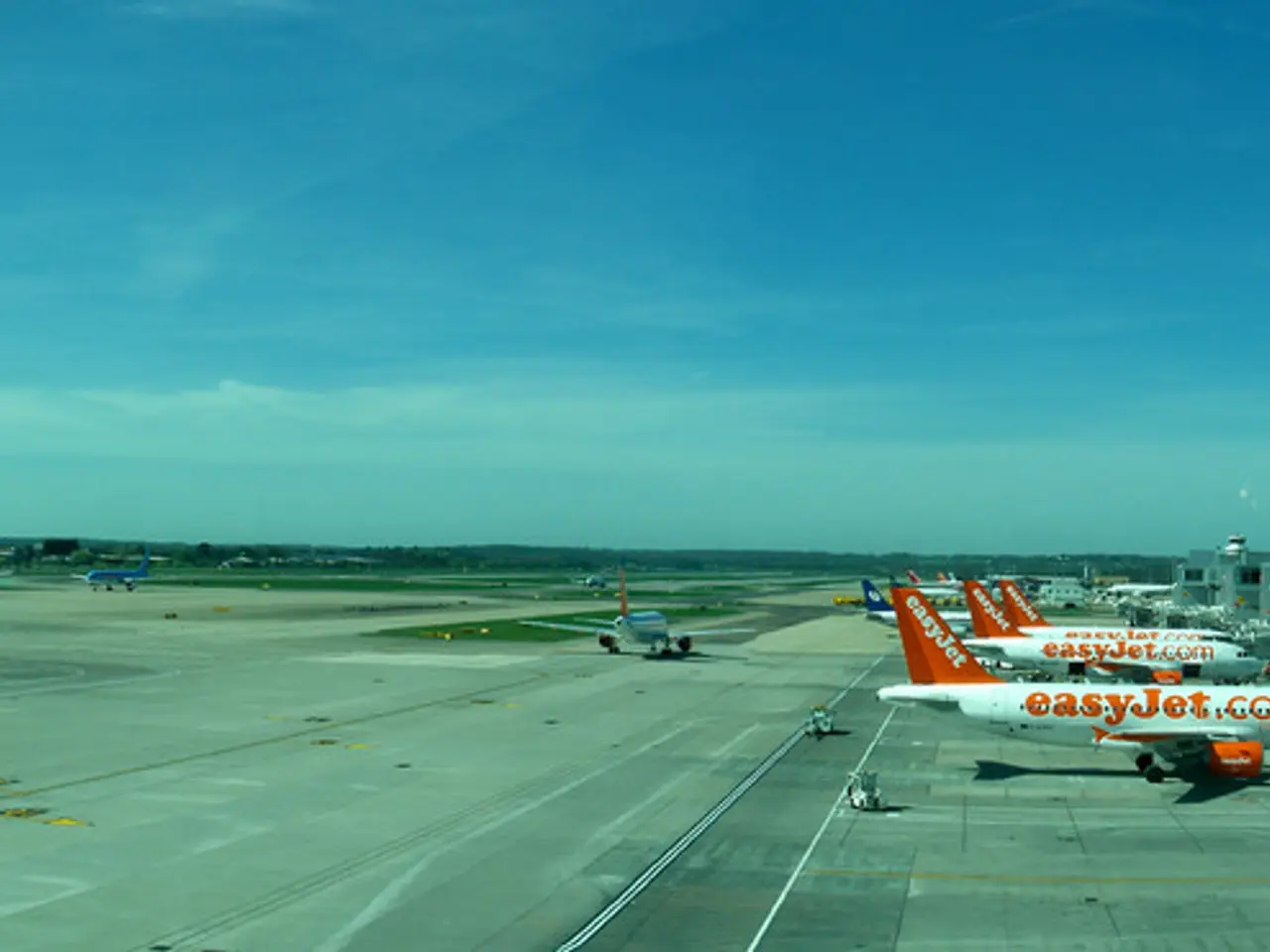Initiating the Descent
The COVID-19 pandemic has taken a significant toll on Düsseldorf Airport and the broader German aviation sector, leading to reduced aircraft stationed, job losses, and billions of euros in lost economic value.
Current Economic Impacts
In 2020, passenger numbers at Düsseldorf Airport (DUS) were down to 20% of 2019 levels, and traffic was only a third of the 2019 levels. These reductions have contributed to a monthly loss of 30 million euros for the airport. The number of aircraft stationed in Germany has dropped from 190 in 2019 to about 130 in 2025, leading to the loss of around 10,000 jobs and over €4 billion annually in economic value.
Future Economic Outlook
The slow recovery of air traffic at DUS is expected to continue without tax reductions and clawbacks on government-imposed levies such as aviation taxes and fees. Industry representatives argue that reducing these taxes is crucial to encourage airlines to return and increase aircraft presence. Infrastructure expansions or terminal modernization plans could be delayed or scaled back, depending on passenger demand recovery.
Arguments For Air Traffic Expansion
Airport officials advocate for expansion to restore and enhance connectivity, supporting economic growth and jobs linked to aviation and related industries. Improved infrastructure could attract more airlines and routes, which is critical for Düsseldorf’s role in Germany’s export and tourism sectors.
Arguments Against Air Traffic Expansion
Critics, such as Carl Ahlegrimm, raise concerns about environmental impacts and the long-term viability of expansion amid uncertain recovery and evolving regulatory conditions. They argue that high government-imposed costs already contribute to airlines avoiding Germany, and expansion without addressing systemic tax and fee issues may be economically counterproductive.
In summary, the pandemic has drastically reduced Düsseldorf Airport’s economic contributions through fewer flights and jobs, with recovery hindered by government levies. Airport officials support expansion to revitalize connectivity and economy, while critics raise environmental concerns and caution against expansion amid persistent financial and regulatory headwinds.
The NRW state government plans to check whether higher capacities are necessary by 2030. Ahlegrimm, who represents over 100 communities and initiatives against flight noise in Germany, proposes that 10% of flights pre-Corona could be cut. The airport aims to save 50 million euros annually, with half coming from staff cuts, and around 200 employees have volunteered for a job reduction program. Forced redundancies cannot be ruled out as a last resort at the airport.
The article invites readers to share their opinions on whether air traffic needs to be rethought or if the airport should continue to boost as a job and economic engine.
- The economic impacts of the COVID-19 pandemic on the aviation sector have extended to the broader industry, including environmental science, finance, and transportation, as the recovery of air traffic is hindered by government taxes and fees.
- Businesses related to aviation, such as manufacturing and service providers, are also affected by the reduced aircraft stationed in Germany, causing job losses and affecting billions of euros in economic value annually.
- Amid discussions about the future economic outlook and the necessary expansion of Düsseldorf Airport, arguments for and against air traffic expansion arise, with critics raising concerns about the environmental impacts and long-term viability of expansion amid uncertain recovery and evolving regulatory conditions, while airport officials advocate for expansion to support economic growth and jobs.




